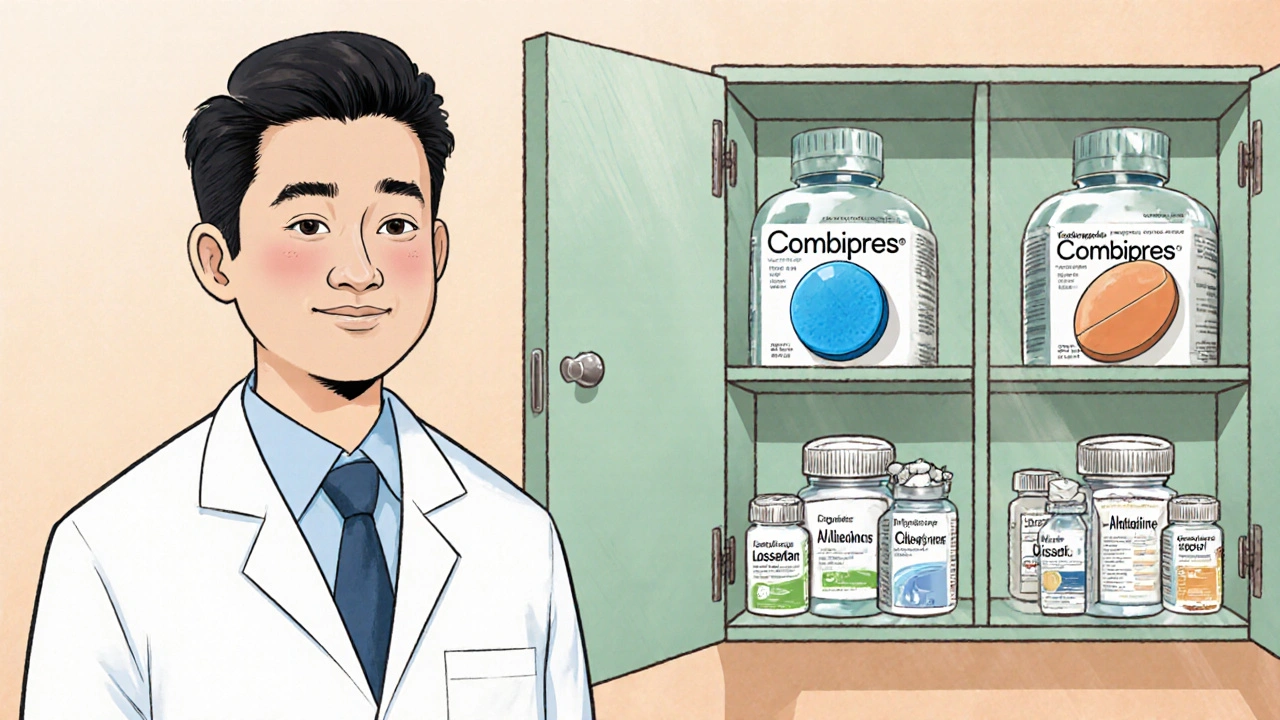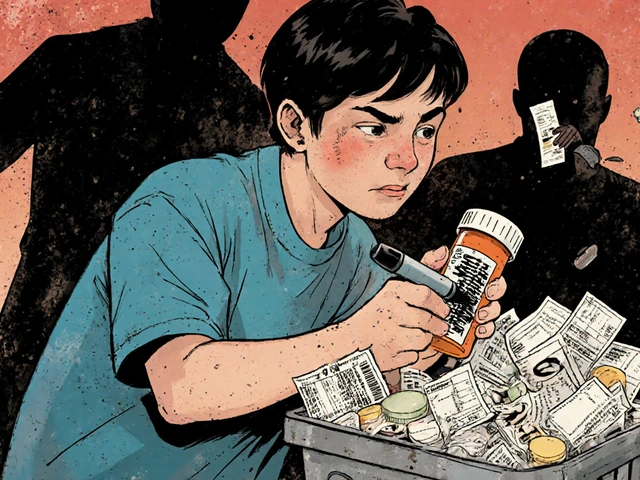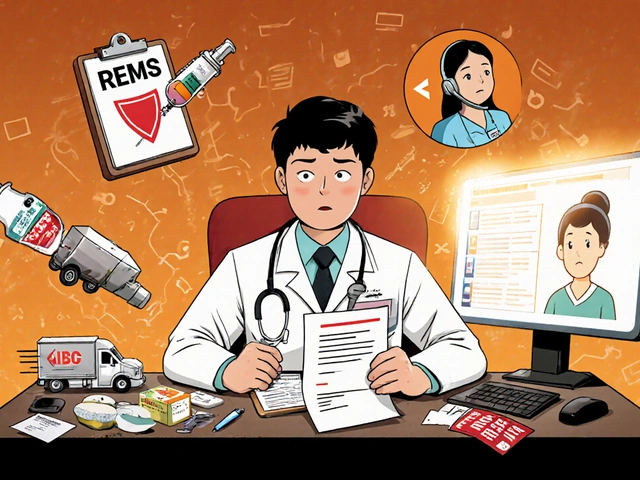Chlorthalidone: What It Is, How It Works, and What You Need to Know
When your doctor prescribes chlorthalidone, a long-acting diuretic used to lower blood pressure by helping your body get rid of extra salt and water. Also known as a water pill, it’s one of the most effective drugs for controlling hypertension, especially when other meds don’t do enough. Unlike some short-acting diuretics, chlorthalidone works steadily over 24 hours, which is why many patients find it more reliable for keeping blood pressure stable all day.
It’s often compared to hydrochlorothiazide, a more commonly prescribed diuretic, but studies show chlorthalidone may do a better job at reducing heart attacks and strokes over time. That’s not because it’s stronger—it’s because it sticks around longer in your system. People taking chlorthalidone don’t need to take it twice a day like some other pills. One pill in the morning usually does the trick.
But it’s not all smooth sailing. Because it pulls out so much fluid and salt, it can also take away important minerals like potassium and magnesium. That’s why your doctor might check your blood levels every few months. Some people get dizzy when they stand up too fast, or feel tired at first. These side effects often fade as your body adjusts. If you’re on other meds for heart issues, like metoprolol, a beta blocker often used with diuretics for high blood pressure, your care team will watch closely to make sure everything works together safely.
Chlorthalidone isn’t just for high blood pressure. It’s also used when your body holds onto too much fluid—like in heart failure or kidney problems. It doesn’t fix the root cause, but it helps you feel better by reducing swelling and shortness of breath. Many patients report feeling lighter and more energetic after starting it, especially if they’ve been bloated for months.
What you won’t find in this collection are ads for online pharmacies or tips on buying it cheap. Instead, you’ll find real, practical advice from people who’ve lived with it: how to manage side effects, what foods to eat or avoid, how it interacts with other meds, and when to call your doctor instead of waiting it out. You’ll see how it stacks up against other treatments, what research says about long-term use, and why some patients switch off it while others stay on it for years.
Whether you’re just starting chlorthalidone or have been on it for a while, this collection gives you the no-fluff facts you need to understand what’s happening in your body—and how to take control of your health without guesswork.

Combipres vs Other Blood Pressure Pills: Full Comparison of Chlorthalidone & Clonidine Alternatives
A detailed comparison of Combipres (chlorthalidone + clonidine) versus common blood‑pressure alternatives, covering efficacy, side‑effects, cost and how to choose the right drug.
Detail




